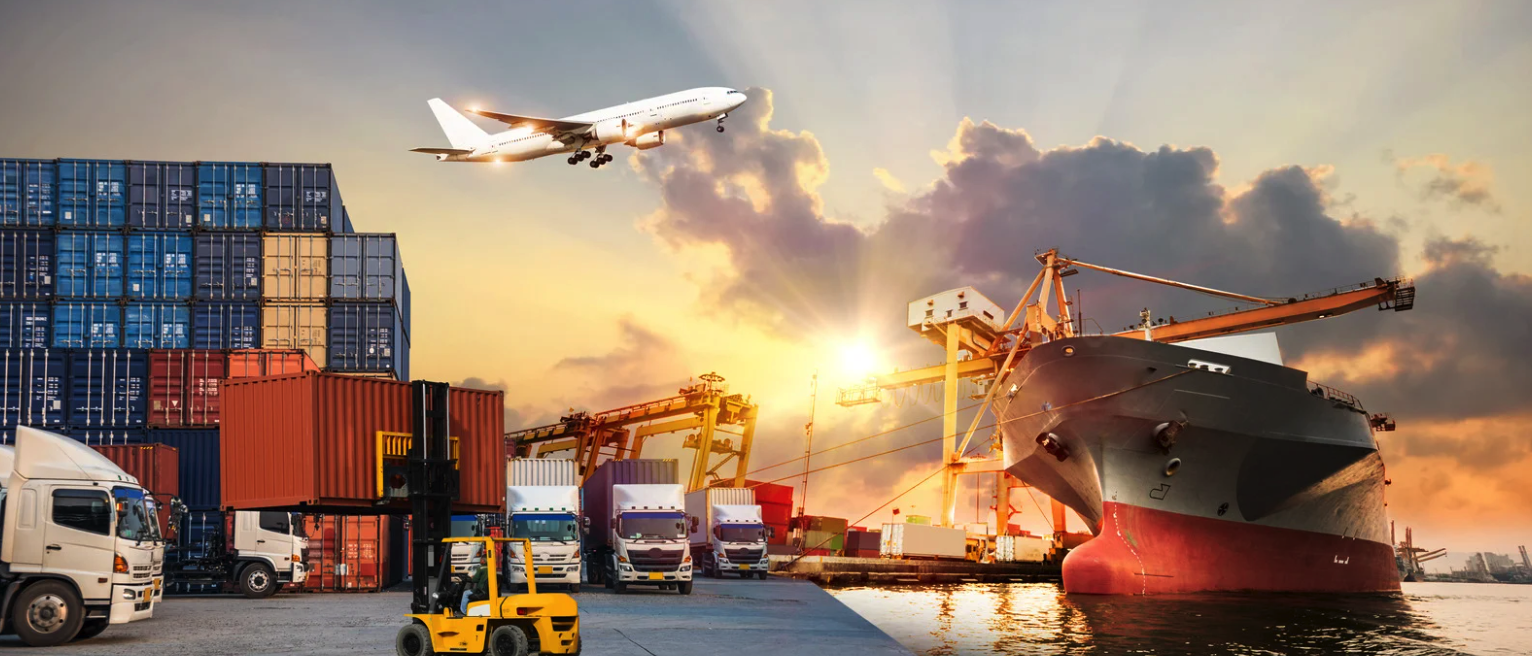In today’s fast-paced global economy, logistics plays a pivotal role in ensuring the efficient flow of goods and services. Logistics companies serve as the backbone of trade, seamlessly connecting manufacturers, retailers, and consumers while optimizing supply chain operations. From transportation management to warehousing solutions, these companies navigate complex networks to deliver products on time, reduce overhead costs, and enhance overall customer satisfaction.
The rise of e-commerce and globalization has further increased the demand for innovative logistics solutions. Companies that excel in this sector are not only adept at managing traditional supply chain challenges but are also embracing advanced technologies, such as automation, data analytics, and real-time tracking. In this article, we will explore the key functions of logistics companies, the impact of technology on their operations, and the future trends shaping this essential industry.
Key Functions of Logistics Companies
Logistics companies perform a multitude of essential functions that are critical to the smooth operation of the supply chain. They manage transportation, ensuring that products are moved efficiently and cost-effectively, while also coordinating warehousing to maintain optimal inventory levels. By implementing strategies that reduce lead times and streamline operations, these companies can enhance distribution capabilities, thereby improving customer service. A prime example of this can be seen with Logistics Company In Melbourne, which employs advanced technology and expert personnel to meet the diverse needs of businesses in a rapidly evolving market.

Impact of Technology on Logistics Operations
Technology has dramatically transformed logistics operations, helping companies to overcome traditional barriers and meet consumer expectations. Innovations such as automated warehouses, real-time tracking systems, and data analytics allow logistics providers to optimize routes, forecast demand more accurately, and enhance inventory management. By leveraging these technologies, companies can not only improve efficiency and reduce costs but also adapt to the dynamic landscape of global trade, ensuring they stay competitive and responsive to changing market conditions. The future of logistics will depend heavily on the continued integration of cutting-edge technologies that redefine how goods are transported and managed.
As we look toward the future of logistics companies, it is clear that adaptability and innovation will be paramount in navigating the evolving landscape of global trade. The integration of artificial intelligence, blockchain, and the Internet of Things (IoT) will further revolutionize supply chain management, enabling logistics providers to enhance transparency, security, and efficiency in their operations. Companies that prioritize sustainability and eco-friendly practices will also gain a competitive edge, responding to the increasing demand for responsible business practices and environmentally conscious solutions. Ultimately, the logistics industry will continue to be shaped by its ability to innovate and embrace new technologies, ensuring seamless connectivity between producers and consumers while driving economic growth and improving service delivery in an ever-changing world.




